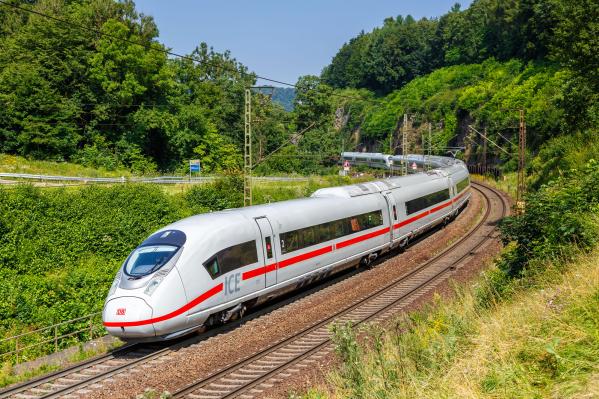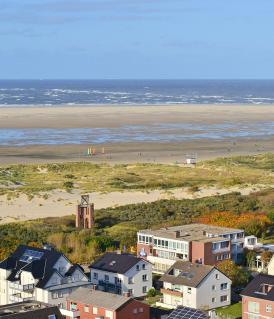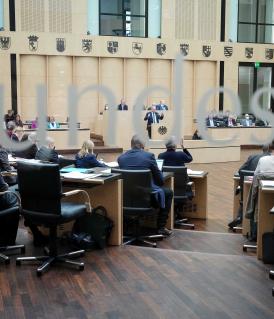Getting around in Germany

Visas and ID
When entering the country, foreigners need a valid passport or replacement documents. Citizens of most states in Western Europe require only a valid ID card. In most cases, children require their own travel documentation. Travellers from certain countries require a visa to enter Germany. Travellers should contact Germany’s embassies and consulates for more information.
By plane
All the major international airlines operate routes to Germany. The global network connects 23 airports in Germany with all regions of the world. The largest airports are in Frankfurt am Main, Munich, Berlin Berlin Once a year, during the Berlinale film festival, the world of the silver screen focuses its attention on Berlin. And the city’s inhabitants are used to global interest. After all, the people of Berlin have lived in a capital city since 1458. However, there is also a shady side to the city’s history… Read more › and Düsseldorf. All airports have good connections to onward transport networks.
→ dus.com
By train
Germany’s rail network covers the whole country, at around 39,800km in length. The timetables are arranged to allow easy connections between local and long-distance routes. Deutsche Bahn, Germany’s national rail operator, operates around 250 daily international services from Germany to over 80 European cities. Deutsche Bahn phone hotline: +49 30 2970
→ bahn.de
By bus
It is also easy to get around Germany by long-distance bus, with several hundred long-distance bus routes. Urban areas are particularly well served, as all German cities and many smaller towns can be reached by long-distance bus routes. Long-distance bus travel information:
By car
Germany’s road network is state-of-the-art. Hundreds of motorway service stations and petrol stations are open round the clock on Germany’s 13,000km network of Autobahns. Motorists can fill up with the following unleaded fuels: Super (95 octane), Super Plus (98 octane) and diesel. The network of charging stations for electric cars is continuously expanding.
Unless otherwise indicated by speed limit signs, there is no speed limit on the Autobahn, although motorists are advised to drive no faster than 130km/h. A speed limit of 50km/h applies in built-up areas and 100km/h elsewhere. There are no fees for cars on German Autobahns, though cars may have to pay a charge to use certain tunnels or private and residential stretches of road. Seatbelts must be worn by law. Children up to 150cm in height must have a child seat. Roadside emergency telephones are available to contact the emergency services or roadside assistance. Germany’s major motoring clubs are the ADAC and the AvD, which provide information for tourists travelling by car.
ADAC roadside assistance contact number:
Tel.: +49 89 20 20 4000
→ adac.de
AvD emergency contact number:
Tel.: +49 80 09 90 99 09
→ avd.de
Where to stay
Accommodation is available in every class and category, from private rooms to holiday flats and luxury hotels. Standards are set and monitored, even in the cheaper price brackets. Tourism associations and tourist information offices provide specific lists of accommodation providers.
Youth hostels
Over 400 youth hostels in Germany belong to the German Youth Hostel Association, which is affiliated with the International Youth Hostel Federation. International travellers can purchase an international guest pass which allows them to stay in the hostels.
German Youth Hostel Association jugendherberge.de
Currency and money
The euro Euro The euro is the currency of the European Monetary Union and after the US dollar the second most important member of the international currency system. Together with the national central banks, the European Central Bank (ECB), headquartered in Frankfurt/Main, is responsible for monetary policy… Read more › is legal tender in Germany. 1 euro = 100 cents. You can withdraw cash at any time from ATMs using an EC card or international credit or debit card. All valid credit and debit cards are accepted. Prices are inclusive.
Emergency contact numbers
Tel.: 110 for police emergencies
Tel.: 112 for fire and ambulance services
Time zone
Germany is in the central European time zone (CET). Summer time applies between late March and late October, with the clocks moved forward by one hour. The clocks go forward on the last Sunday in March and go back on the last Sunday in October.
Electricity
The electricity supply runs at 230 volts.


